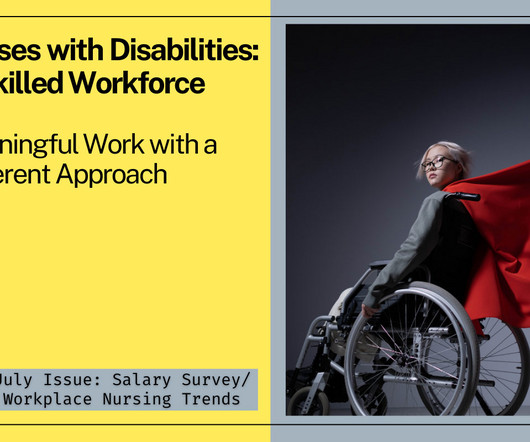The moment I knew I was meant to be a nurse
Scrubs
JULY 25, 2023
I could do a better job than some of my father’s nurses—could be more compassionate and respectful towards patients and family members, I could be much more of a calming and informative presence. I picked up the spoon and fed my father. Patients and their families can discern genuine concern from their medical professionals.












Let's personalize your content